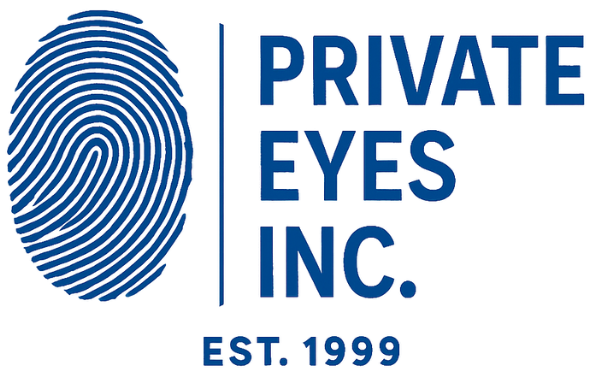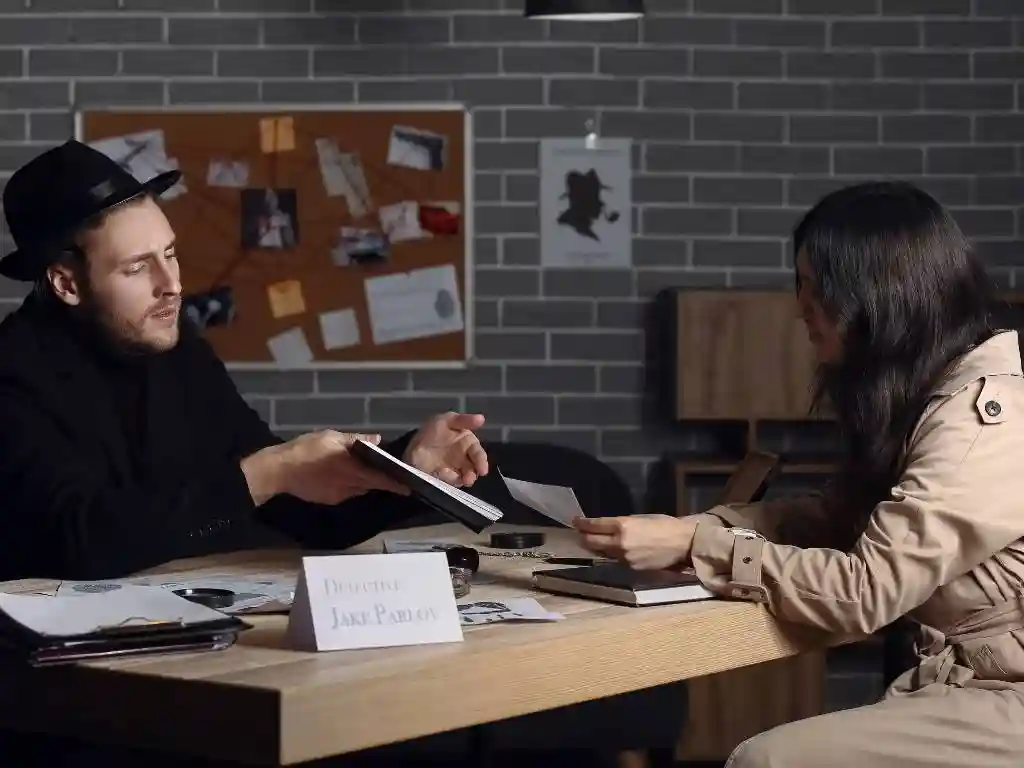Sometimes, what clients need more than anything is an objective third party to hear them out.
The phone rings. I answer it.
“How much do you charge?” says the voice on the line.
“What type of service are you looking for?” I ask.
And then comes the story, usually a long one: The caller suspects their partner is cheating. The caller explains why they believe this, in painful detail. Sometimes, the caller gets emotional. That’s how 90% of my calls start. I tell the caller that what they’re asking for is surveillance. I state the price and suggest that we meet to discuss the details. That usually ends the call; sometimes, I never hear back. Often, I do.
What Clients Really Want
At some point in this process, the client usually says something like, “I just want to know the truth.” They’re hurt, and tired of being lied to and disrespected by their partner. They want to know where the relationship stands. Does this person still love me or not? That’s really the question.
Private investigations are about finding out answers. We PIs are often the middlemen (or women) in a relationship, claim, or conflict. We gather information that we hope will help a person make a decision or settlement and then go on with their life in some kind of peace. We are the impartial, objective “eyes” that can offer a few concrete answers where there are questions and doubts. Is she meeting her old college flame when she says she’s working late? Are his “business trips” really overnight stays at a local motel? These are the kinds of questions we can usually answer.
But sometimes, there’s no satisfactory resolution. Sometimes, there’s just pain, loss, and confusion, and a host of questions we can’t answer. We can’t know why the betrayal has happened or what the cheating partner is thinking. And until we learn to read minds, we can’t address the real, deeper question: Does he/she still love me or not?
That’s why we, as investigators, sometimes end up playing the role of a therapist.
The Investigator-Confidante
You won’t see this service advertised on P.I. websites: Shoulder to cry on. Empathetic listener. But the best, most successful investigators know this little secret: Sometimes people just want to be heard. They’re in the middle of a difficult situation, a low point in their life. They’re going through something they can’t discuss with friends or relatives. They want to talk to someone who isn’t part of their normal life, someone who’ll keep their secrets.
This is the hidden benefit of hiring a P.I.
I’ve heard people say many times that they hired me because they just liked the sound of my voice. “You seemed to care about my situation,” they might say, or, “You were so compassionate.”
I’ve heard people say many times that they hired me because they just liked the sound of my voice.
You wouldn’t think that compassion or a kind voice would be prerequisites to being a good investigator. But the truth is, many people hire a PI not because they believe he/she is the best surveillance operative out there, but because they feel a connection. They trust this person to help solve their problem.
Many years ago, I investigated a backyard drowning of a small boy in Westchester County, New York. The parents showed me a plaster cast of their son’s handprint, done at the hospital as a final memento — a “death cast.” I have a clear memory of the boy’s parents weeping when they showed it to me. I got a little bit choked up myself as I thought of the plaster casts I had done of my own hands as a little boy in nursery school. I think almost every kid has done one of these at some point. But the tragedy surrounding this one made the cast an extraordinarily poignant object. I never forgot it. And I never forgot those parents, who — by showing me the handprint cast — were reminding me that their son wasn’t just a case; he was a real boy who had once laughed and played. They were reminding me of his humanity … and my own.
It was then that I realized how much meaning, motivation, and emotion this job gave me. It was also then that I realized that I needed to be there that day, to listen to and help those parents. And I needed to be reminded of the greater purpose of our work — to do our jobs with deep empathy and humanity.
We needed each other at that moment.
P.I. work does take a toll on me sometimes, but it is a toll that I am willing to pay.
I work as a P.I. for two reasons. First, it pays the bills. The second and real reason is that when I help a person get through a difficult time in their life, it makes me feel like I’ve done something meaningful. The clients don’t realize that really, they are my therapy — by letting me play some small part in solving their problems.
Maybe the client gets resolution in their life. Or maybe they just feel heard. Either way, each party benefits from the other in the interaction.
So my real question on that first client call should probably be, “How can we help each other?”
Contact us today for a FREE Confidential Consultation. PriEyes Inc cares about you and finding the truth is what we do best. 877-774-3937
(article from Pursuit Magazine)







